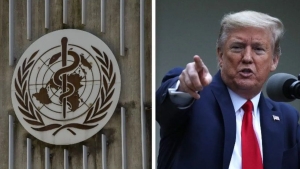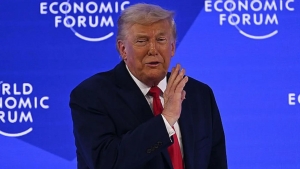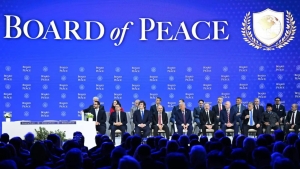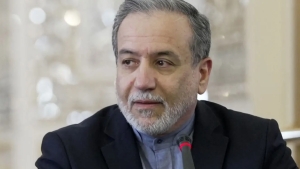Mass protests for hostages in Israel
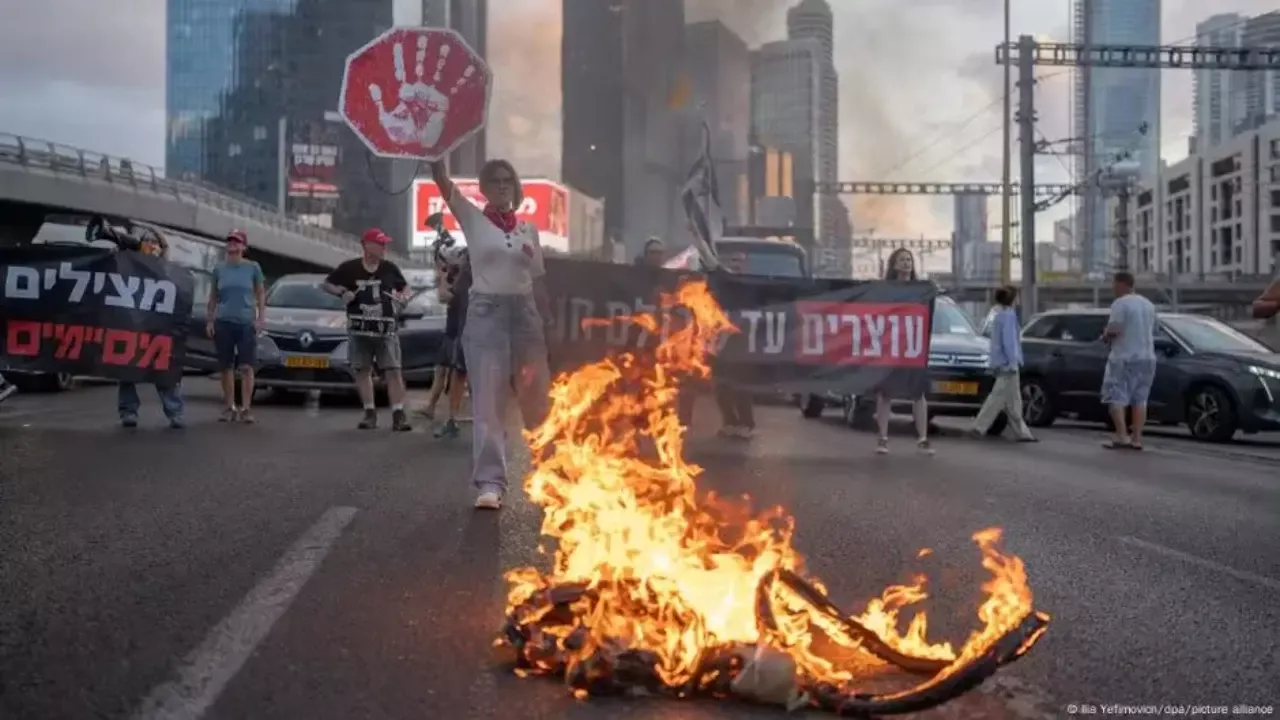
On August 26, protests intensified across Israel. This was reported by Zamin.uz.
In the capital Tel Aviv and other major city centers, as well as on main roads and highways, demonstrators temporarily blocked traffic. These mass actions demand the swift release of individuals taken hostage by HAMAS and the cessation of military operations in the Gaza Strip.
Protesters took to the streets carrying pictures and signs of the hostages; in some cases, car tires were set on fire, drawing attention. The "General Civil Solidarity Day," organized by relatives of the hostages, united the protests across the country.
These actions are planned to culminate on the night of August 26 with a large demonstration at Hostages Square in central Tel Aviv. Protest participants accuse Israeli Prime Minister Benjamin Netanyahu of prolonging the war for political reasons.
According to political analysts, Netanyahu’s staying in power depends on his political strategy and the position of coalition partners. In particular, radical right-wing groups oppose ceasing fire.
Opposition leader Yair Lapid demanded that the government reach a swift and transparent agreement to end the war with HAMAS and release the hostages. Lapid emphasized that a high-ranking official from one of the mediating countries informed him that the Israeli government has yet to respond to a recently presented agreement proposal.
According to this proposal, a ceasefire would last for 60 days, with the initial phase involving the release of 10 Israeli hostages in exchange for the release of Palestinian prisoners. The mediator asked Lapid, “Why has Israel not responded yet?”
The protests that have arisen in the country mark a new stage in addressing security and political solutions. The actions carried out by the families of the hostages and for citizens’ rights have gained significant attention nationwide.
These events are prompting political debates and accelerating agreements within Israeli society.



